Shop layout
dethride
18 years ago
Related Stories
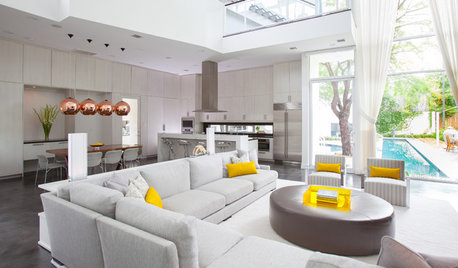
SHOP HOUZZShop Houzz: How to Decorate an Open-Plan Space
Give yourself some breathing room with a flowing, open furniture layout
Full Story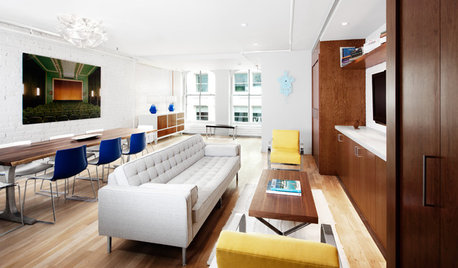
SHOP HOUZZShop Houzz: Furnish a Modern Great Room
Make your great room even better with sleek, coordinated modern pieces
Full Story0
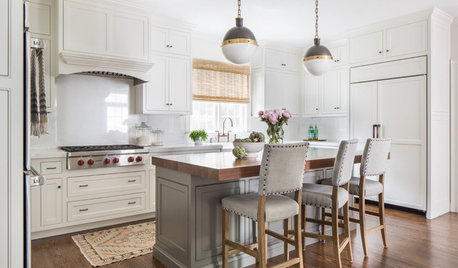
SHOP HOUZZShop Houzz: Design an Eat-In Kitchen
Carve out some space for dining to make the most of your kitchen floor plan
Full Story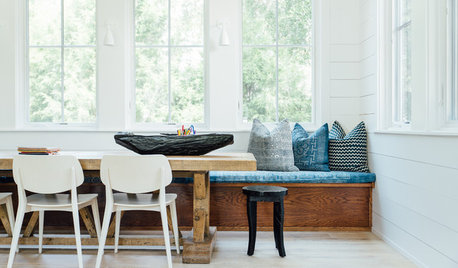
SHOP HOUZZShop Houzz: Elements of Modern Organic Style
Get down-to-earth warmth in an open, modern space with these furnishings and accents
Full Story0
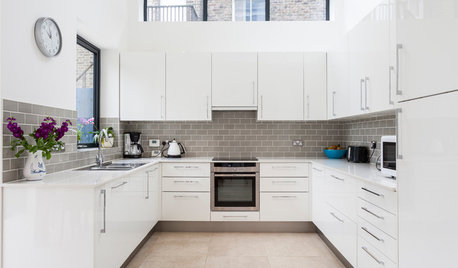
SHOP HOUZZShop Houzz: Solutions for a U-Shaped Kitchen
Picks to make your horseshoe-shaped cooking space efficient and good-looking
Full Story0
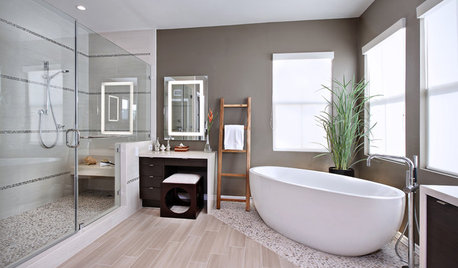
SHOP ON HOUZZShop Houzz: How to Create a Zen-Style Bath
River stones, clean white surfaces and bamboo are hallmarks of a soothing bath
Full Story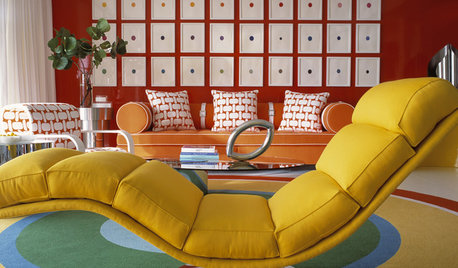
SHOP HOUZZShop Houzz: Take Haute Quirky Style From Runway to Room
The style and colors of Wes Anderson’s films are inspiring fall fashion. How would they look in your home?
Full Story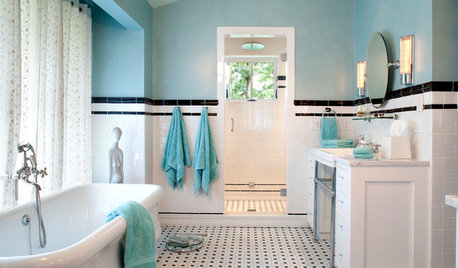
SHOP HOUZZShop Houzz: Vintage Bath in Black, White and Aqua
Get nostalgic with vintage bathroom decor that’s both chic and family-friendly
Full Story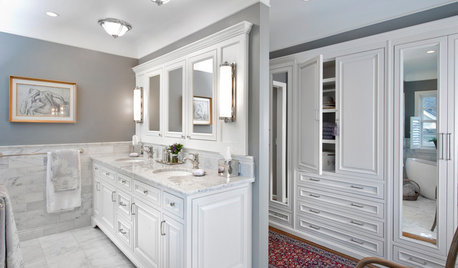
SHOP HOUZZShop Houzz: Bathroom Vanities for Every Style
Make your bath stand out with a vanity in Victorian, rustic, farmhouse, coastal, traditional, eclectic or modern style
Full Story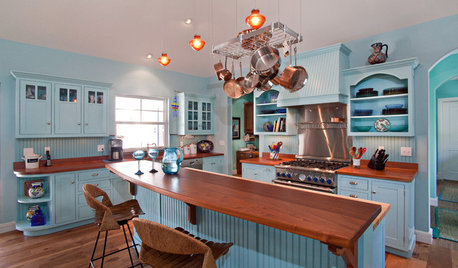
KITCHEN DESIGNHere's Help for Your Next Appliance Shopping Trip
It may be time to think about your appliances in a new way. These guides can help you set up your kitchen for how you like to cook
Full StorySponsored






gonefishin
dethrideOriginal Author
Related Professionals
North Bergen Furniture & Accessories · Phoenix Furniture & Accessories · San Diego Furniture & Accessories · Robbinsdale Furniture & Accessories · Little Egg Harbor Twp Interior Designers & Decorators · Liberty Township Interior Designers & Decorators · Mount Prospect General Contractors · New Milford General Contractors · Palestine General Contractors · Plano General Contractors · Laurel Siding & Exteriors · Inwood Siding & Exteriors · Manassas Siding & Exteriors · Sacramento Siding & Exteriors · West Milford Siding & Exteriorsnoworries
sudsmaster